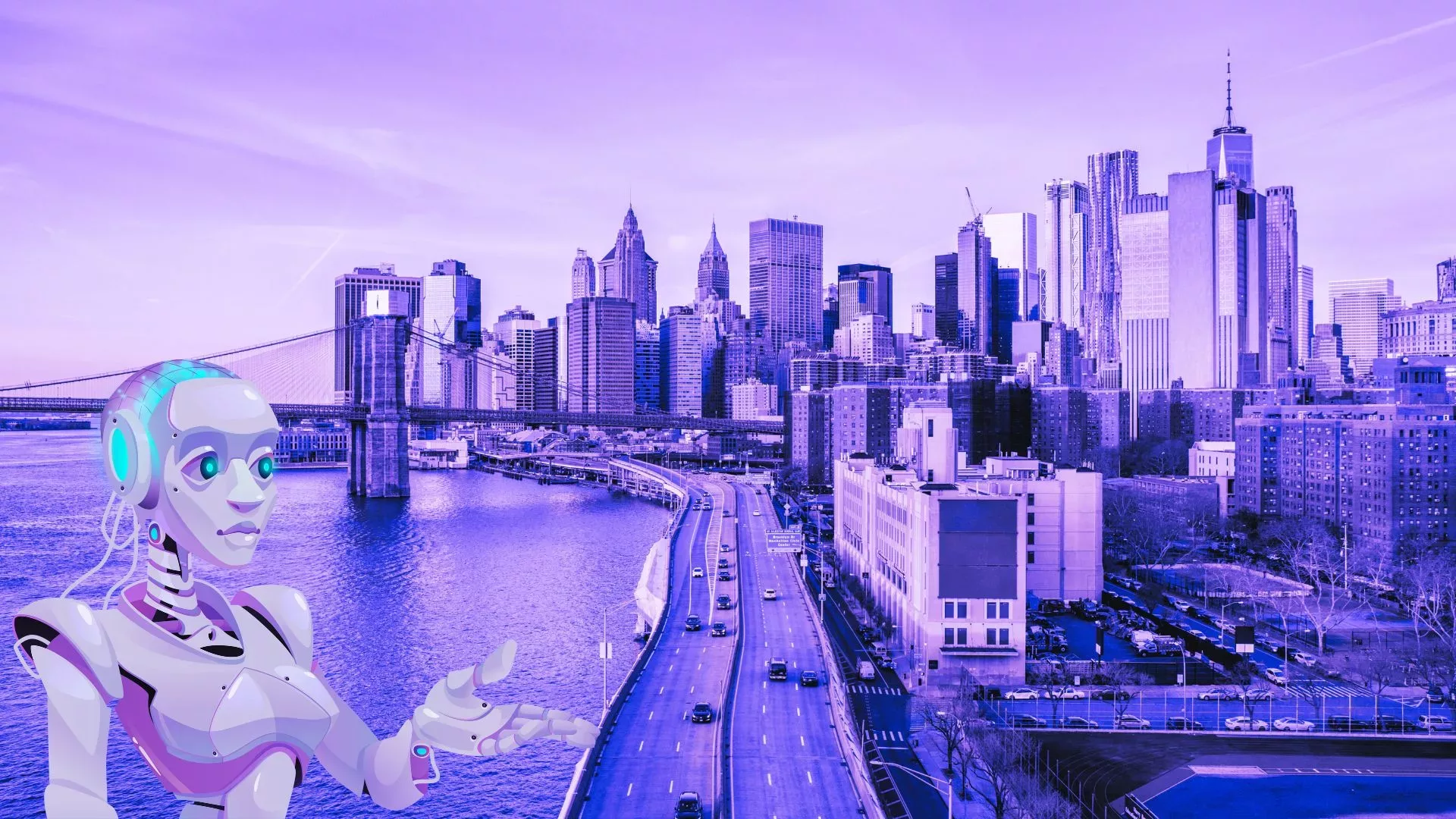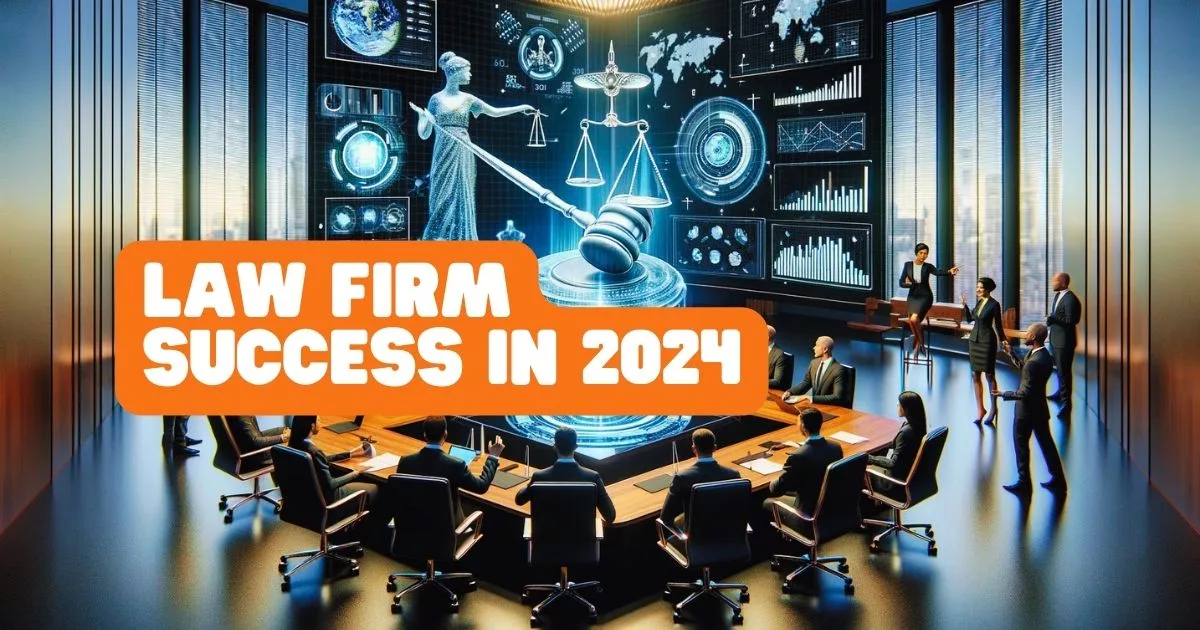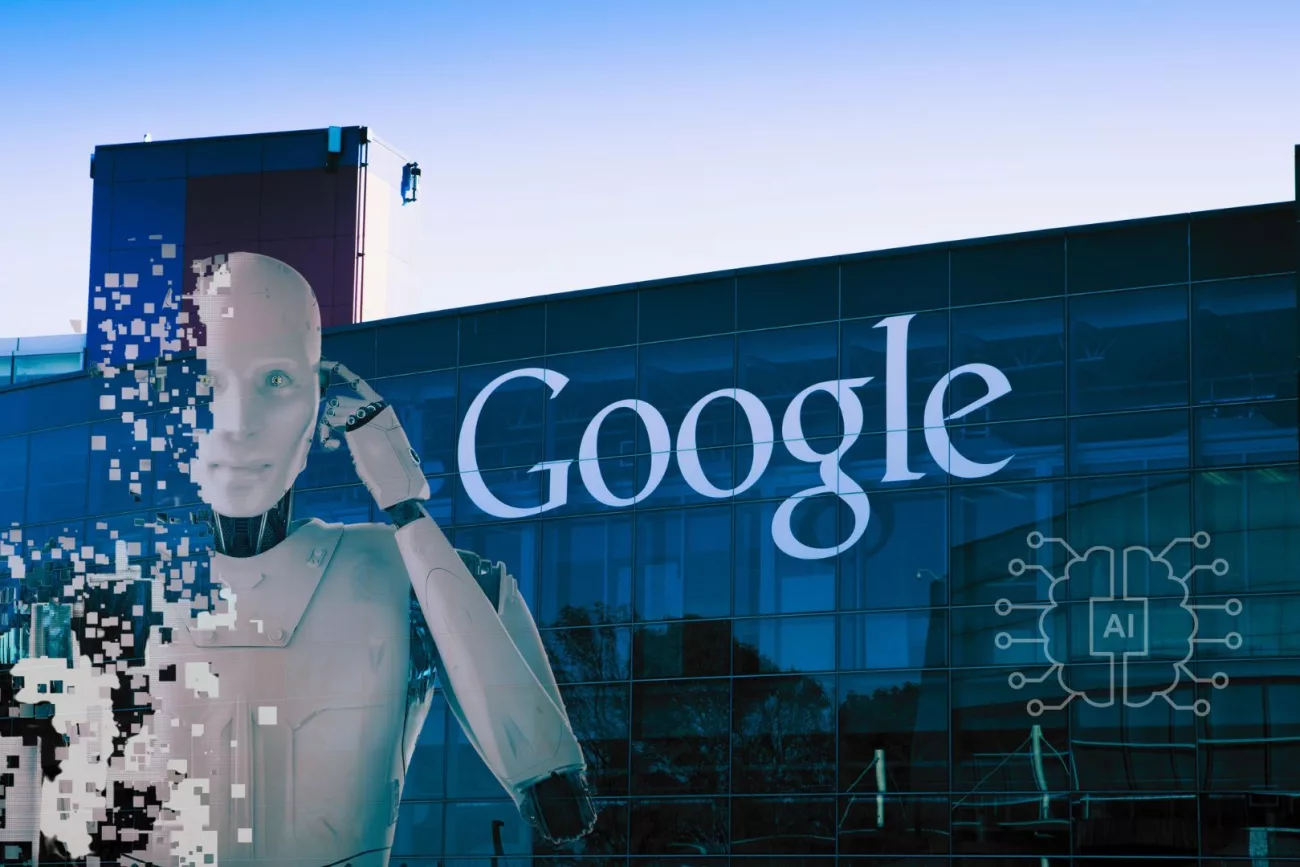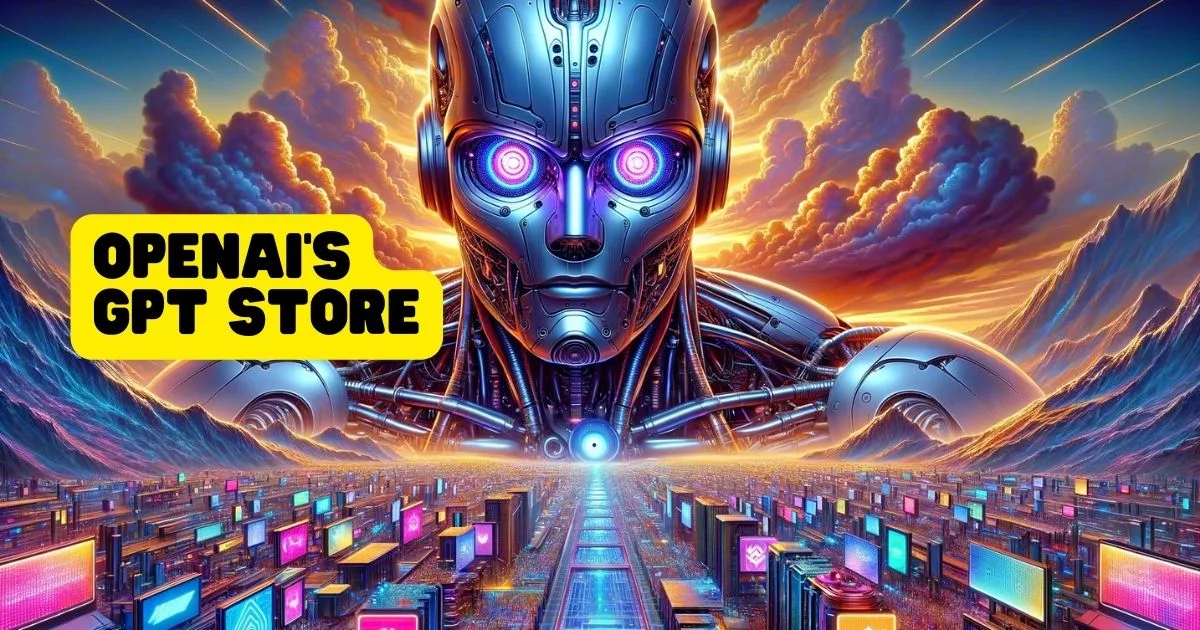
Key Points:
- NYC’s AI Hiring Law is a groundbreaking regulation affecting both local and global businesses, emphasizing transparency in AI-led recruitment.
- AI’s increasing influence in daily life, from healthcare to entertainment, means that its regulation will have wider societal implications.
- Different regions, like Europe, grapple with balancing AI innovation against potential biases and ethical concerns.
- As states in the U.S. develop their own AI regulations, there’s a growing call for a standardized federal law.
🚀 AI in Hiring: Why New York’s Law Could Ignite a Legal Firestorm – and Why Lawyers (and Startups!) Should Be Paying Attention 🚀
Well, butter my bagel and call me Esquire! Just when you thought the world of tech and legal amalgamation had seen it all, NYC goes and stirs the pot. Strap on your seatbelts and adjust those spectacles – the intersection of AI, hiring, and the law is looking more like a Broadway drama than an amendment in a city ordinance.
🎯 Why Every Legal Eagle and Startup Maverick Should Care
Here’s the tea: we aren’t just discussing another mundane policy. This is a potentially game-changing rule in one of the world’s business epicenters. If you’re dreaming of that swanky Silicon Alley office or already have one, it’s time to get your legal ducks in a row.
🤔 What’s The Big Deal?
Remember that hot July when everyone’s phone was buzzing about NYC’s Law 144? If you thought it was just about the sweltering heatwave, think again.
An Apple-Sized Ripple Effect 🍎: The seismic shift wasn’t due to tectonic movements but a bold step by NYC to monitor how companies use AI in recruitment. Not just an issue for tech nerds, this has serious implications for your firm’s daily operations.
Beyond Borders: Think the law’s arms are short because you’re headquartered in Tokyo or London but have a shiny skyscraper in Manhattan? Think twice! Being global won’t spare you from this legal web.
No Tech Timeout: Hold up! NYC isn’t telling you to kick AI to the curb. Instead, it’s gently whispering (or rather, assertively declaring), “Harness AI responsibly when you’re on a hiring spree.”
👩⚖️ Lawyering Up
It’s not just about understanding the law; it’s about predicting its waves. If one thing’s crystal clear, it’s that NYC’s move might just inspire other cities or, heaven forbid, entire countries to follow suit. So, before you program that AI to screen your next potential hire, maybe program a call with your attorney first.
AI: The Silent Conductor of Modern Life
AI’s influence goes far beyond its prowess in gaming arenas. Today, it orchestrates an array of functions in our daily lives, whether it’s providing medical diagnoses, suggesting the perfect pair of shoes, or refining the rhythm of a pop hit.
Medical Marvels: AI doesn’t just aid doctors. It analyzes data to predict outbreaks, helps radiologists detect abnormalities in scans, and can even customize patient treatment plans.
Mall Magicians: Ever wonder how online shops always seem to know what you want? AI algorithms study your browsing patterns, preferences, and past purchases to curate the ideal shopping experience just for you.
Musical Maestro: The latest hits on your playlist? There’s a good chance AI had a role in optimizing those beats or suggesting them based on your listening history.
AI’s Resume Game: In the digital age, resumes don’t just sit on desks. AI sifts, sorts, and selects from vast databases, ensuring job candidates aren’t just good on paper but are truly the right fit for the role. It’s precision over guesswork.
Big Tech’s AI Debate: Caution Meets Innovation
Sundar Pichai’s acknowledgment of AI regulation signifies the pressing nature of the AI conversation. As AI’s implications grow, so do the voices of caution and critique.
Warning Waves: As AI’s applications expand, so does the need for clarity and caution. The appearance of AI warning labels mirrors the increasing concerns about its unchecked influence.
Crucial Consequences: AI regulations aren’t mere suggestions; they’re pivotal. A misstep here could lead to catastrophic errors, be it a startup’s downfall or larger societal repercussions.
Bias Busters: The old school methods of hiring based on prestigious alma maters or networking circles are being upended. AI aims to level the playing field, ensuring talent is recognized regardless of background.
Bias Detectors: But AI’s role doesn’t end at talent matchmaking. It’s also emerging as a guardian against discriminatory practices, flagging potential biases and helping firms maintain fair hiring practices.
The intersection of AI and society is complex, and the dialogue around it will continue to evolve. What’s clear, however, is that AI is reshaping our world in ways we are only beginning to understand.
Europe’s Stance: Treading a Tightrope with AI
Europe is in a conundrum, caught between fostering innovation and safeguarding its citizens. While the intent is to regulate AI’s limitless boundaries, there’s a catch: Overregulation may paradoxically enhance biases instead of mitigating them. It’s a delicate dance of promoting responsible AI usage without stifling its potential.
European Ambitions: As a hub of innovation, Europe has always championed cutting-edge tech. Yet, with AI, they’re grappling with shaping the narrative, ensuring that AI serves the collective good.
Balancing Act: Too many constraints could stifle innovation and inadvertently cement biases, but too little oversight could lead to unchecked AI power. The goal? Striking the right balance for a prosperous and ethical AI future.
Debunking Fears: AI is Not Sci-Fi Gone Rogue
Throughout history, revolutionary innovations have always been greeted with trepidation. From the fear of electric shocks to the paranoia of bicycles causing chaos, resistance to change isn’t new. Today, AI has taken the spotlight, misunderstood by many as a robotic ruler of the future.
Electricity to AI: Once, the mere thought of electrifying homes was daunting. Fast forward, and we cannot imagine life without it. Similarly, AI, while initially unsettling to some, will soon find its rhythm in society.
Clarity over Confusion: AI is a tool, not a sentient being with a will of its own. Educating the public and dispelling myths is crucial. A comprehensive understanding will replace fear with knowledge.
Transparent Notifications: In our bid to familiarize the world with AI, simplifying its notifications and alerts is vital. The more transparent and user-friendly we make AI interactions, the quicker it will be embraced wholeheartedly.
Progress waits for no one. It’s our responsibility to guide it in a direction that serves humanity while addressing concerns constructively.
🚦 Delving Deep into NYC’s AI Legal Maze: Your Compass for Compliance 🚦
AI in hiring and other business aspects in NYC now come with a set of legal stipulations. Navigating this uncharted terrain requires both awareness and preparedness. Here’s a roadmap to keep you on the straight and narrow:
1. Embrace Elegance in Explanation:
The Einstein Edge: Drawing inspiration from Einstein’s philosophy, ensure that your AI’s operational logic can be comprehended by all. Overly complex systems not only become harder to manage but also pose transparency challenges.
Transparency Matters: It’s not just about utilizing AI but also about how you convey its usage. Provide stakeholders with concise yet comprehensive explanations of how AI impacts decision-making.
2. Ride High in the Regulatory Rodeo:
Lessons from GDPR: Recall the rush and the regulatory frenzy when Europe rolled out its General Data Protection Regulation? NYC’s AI regulations echo a similar sentiment. Proactiveness is crucial.
Staying Updated: Legal landscapes evolve, especially with emerging technologies. Regularly revisit your understanding of the laws and ensure you’re not just compliant, but ahead of the curve.
3. Audits: Anticipate and Align:
AI’s Clean House: Just as lawyers meticulously prepare for trials, ensure your AI’s documentation, decision-making processes, and data sources are organized and accessible.
Regular Checks: Beyond the mandatory audits, carry out internal checks. These self-assessments not only help identify potential pitfalls but also ensure the system’s effectiveness over time.
Remember, while AI offers numerous advantages, the onus is on businesses to use it ethically and responsibly. By staying informed and prepared, one can harness the power of AI while staying compliant with the ever-evolving legal landscape.
State vs. State: The AI Legal Showdown Across America
The harmonization of laws and regulations is always a challenging feat, especially when the subject is as dynamic and transformative as artificial intelligence. As states rush to regulate, we’re presented with an intricate patchwork of rules that span from coast to coast.
From Silicon to Casino – A Diverse Legal Landscape: Each state, driven by its own economic interests, demographics, and philosophies, may have a unique approach to AI. While California, with its tech hubs, might focus on safeguarding user data and ethics, Nevada’s laws could lean more toward its entertainment and gaming sectors. This leads to a disparity in regulations that companies operating nationwide must grapple with.
The Interstate Challenge: For businesses that have footprints in multiple states, the variance in AI regulations can be a logistical challenge. Not only do they need to be compliant across the board, but they also have to deal with the potential contradictions between different state laws.
Looking to the Capital: Amidst the cacophony of different voices, there’s buzz about a unifying federal AI law emanating from the corridors of Capitol Hill. Such a law could standardize regulations, offering clarity to businesses and ensuring that the potential of AI is harnessed without compromising on ethics or individual rights.
The Race Against Time: AI technology is evolving at a breakneck speed. The big question is, can the legislative process keep up? While states have been nimble in putting forth their regulations, it remains to be seen if a comprehensive federal law can be introduced before the next big AI breakthrough disrupts the scene once again.
In this unfolding narrative of AI and its regulation, what’s clear is the need for a balance between innovation and governance. While regional nuances are inevitable, the hope is for a more harmonized, forward-thinking, and inclusive regulatory framework that paves the way for AI’s responsible growth.
Wrapping It Up…
The world of AI in recruitment isn’t just simmering on the back burner – it’s boiling over with intrigue, challenge, and promise. Whether you’re a seasoned attorney, a budding entrepreneur, or simply an onlooker, sitting on the sidelines isn’t an option. This rapidly unfolding drama demands engagement – and trust us, it’s worth every bit of your attention. 🍿
📣 Stay Informed and Influential! 📣
Join our community by subscribing to our newsletter. Dive headfirst into an ocean of thought-provoking debates, analytical insights, and the ever-evolving dance between AI and legal jurisprudence. Together, let’s shape the narrative, uncover the nuances, and be pioneers in this thrilling journey.👩⚖️🚀🤖🔥
So, ready to delve into tomorrow’s discussions? We’re excited to have you onboard. 🚀🧠📘🖋️
Share this post
Frequently Asked Questions (FAQs)
Q: What is NYC's AI Hiring Law?
A: It’s a new regulation that monitors how companies utilize AI in recruitment, ensuring ethical and transparent practices.
Q: Who should be concerned about this law?
A: Everyone from legal professionals, startups to international businesses with a presence in NYC should be informed.
Q: How does this law affect international companies?
A: Even if headquartered abroad, companies with operations in NYC must comply, making its influence global.
Q: Is NYC asking businesses to stop using AI in hiring?
A: No, the emphasis is on harnessing AI responsibly, ensuring transparency and fairness in recruitment processes.
Q: Could other cities or countries adopt similar regulations?
A: Yes, NYC’s move may inspire other regions to introduce similar regulations, amplifying the law’s global significance.














